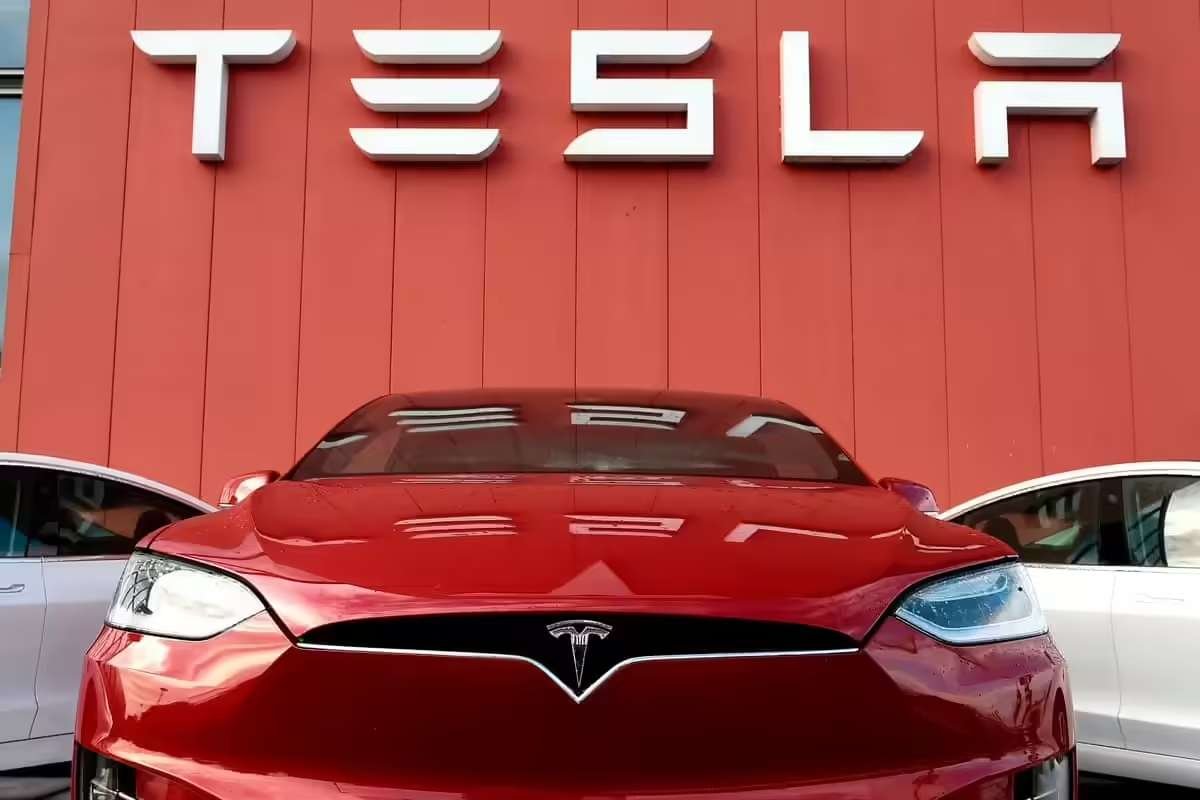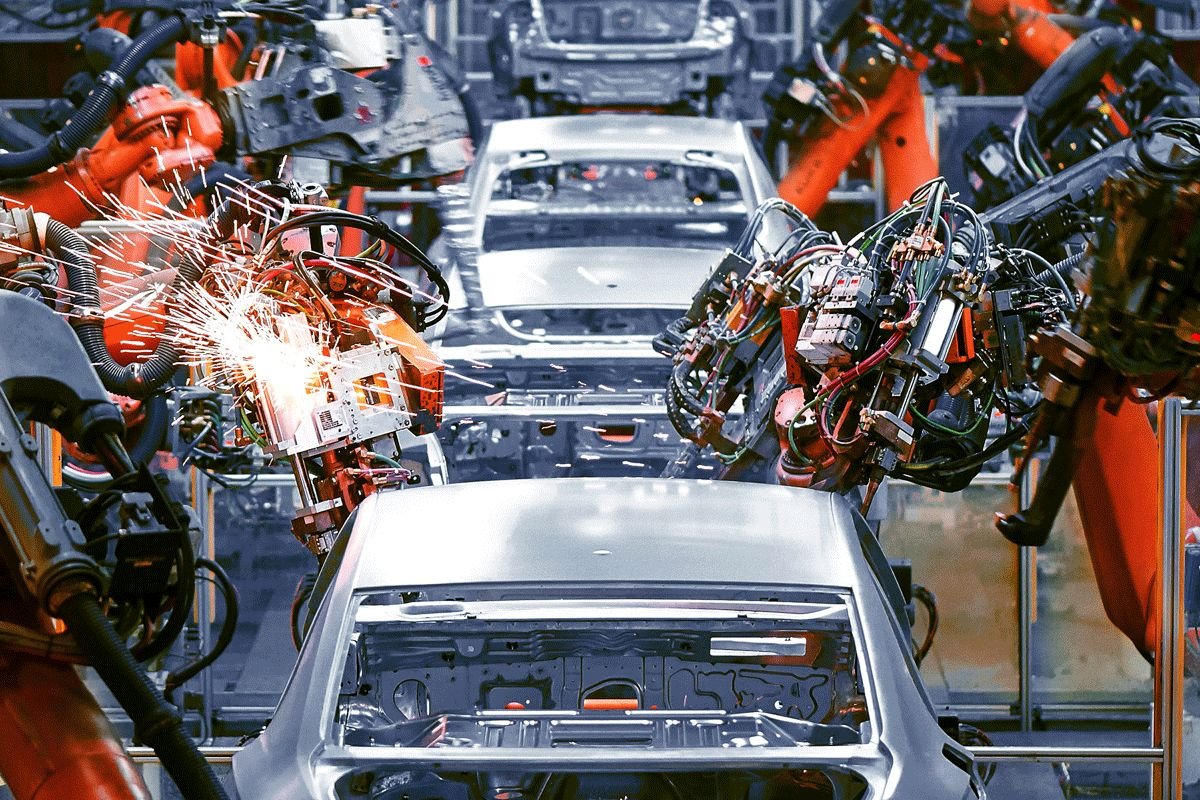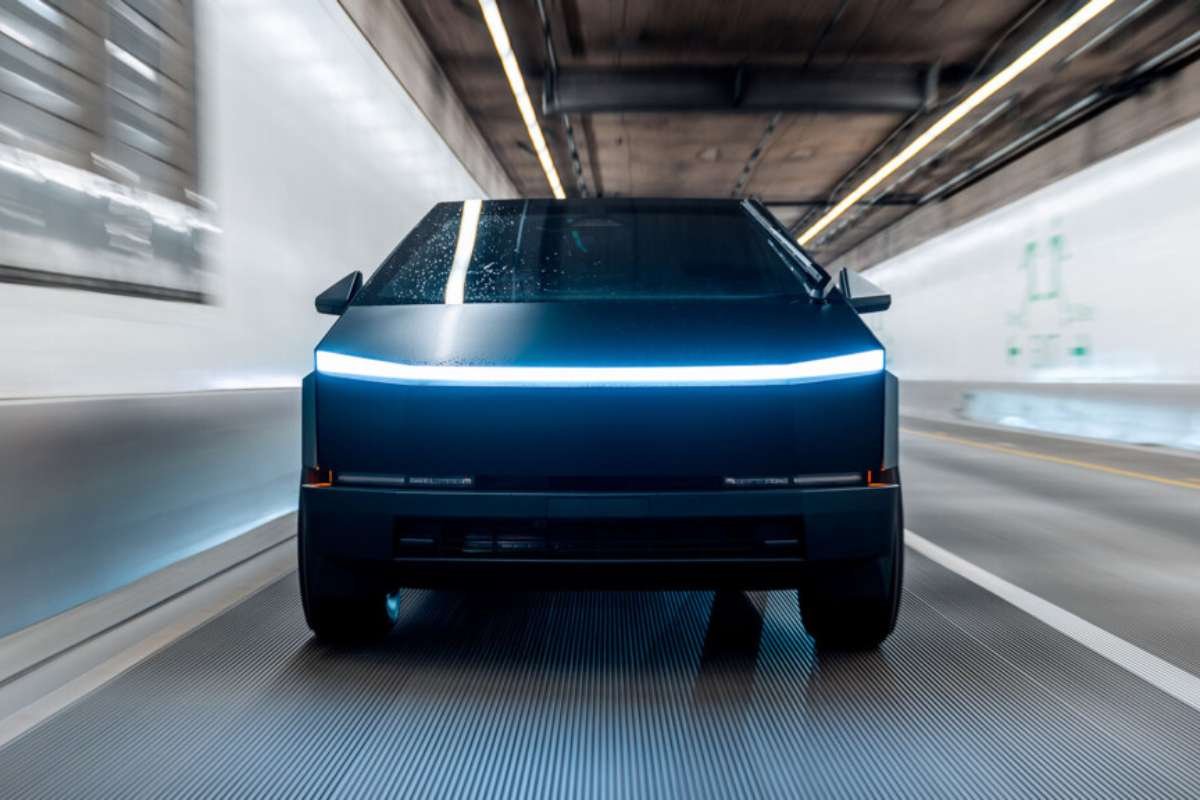The United States has been a leader in the world of automotive production and design. From the assembly line to the current push toward electric and autonomous vehicles, automobile companies in USA have shaped transportation trends throughout the world. With a deep history and a future full of technological advancements, these companies are still vital in the development of modern mobility.
Historical Roots and Global Impact
The journey of American automobile manufacturing began in the early 20th century. Henry Ford revolutionized production by introducing the moving assembly line in 1913, drastically reducing vehicle costs and making cars accessible to the masses. This model set the standard for mass production and was soon adopted globally.
Over the decades, automobile companies in USA like General Motors, Ford, and Chrysler—known as the “Big Three”—became household names. They dominated not only the domestic market but also played a crucial role in shaping automotive trends worldwide, from muscle cars in the 1960s to SUVs in the 1990s.
Leading Automobile Giants
1. General Motors (GM)

Headquartered in Detroit, GM owns brands such as Chevrolet, GMC, Cadillac, and Buick. The company has been a leader in innovation, with investments in electric vehicles (EVs), autonomous technology, and connected car systems. GM’s “Ultium” platform for EVs has set the stage for the next generation of sustainable vehicles.
2. Ford Motor Company
Founded in 1903, Ford continues to be a trailblazer in the industry. Known for its iconic Mustang and F-Series trucks, Ford is now focused on electric mobility with models like the Mustang Mach-E and the all-electric F-150 Lightning. The company also invests heavily in autonomous vehicle partnerships and mobility services.
3. Stellantis North America (formerly Fiat Chrysler Automobiles)
This conglomerate manages American favorites such as Jeep, Dodge, and Ram. Jeep’s rugged appeal and Ram’s reliable trucks have kept Stellantis competitive in both domestic and international markets. The company is also moving towards electrification and sustainability.
Emerging Players and Startups
While the Big Three still command large market shares, a wave of startups and tech-forward automakers is disrupting the traditional industry. These emerging players are proving that innovation isn’t limited to legacy brands.
1. Tesla, Inc.

No list would be complete without Tesla, the company that sparked the global electric vehicle revolution. Headquartered in Austin, Texas, Tesla’s commitment to sustainability, software-based driving experience, and high-performance electric cars has inspired a new era of automotive design and engineering.
2. Rivian
Based in Irvine, California, Rivian specializes in electric trucks and SUVs. With strong financial backing and a major partnership with Amazon for electric delivery vans, Rivian is positioned to challenge traditional truck manufacturers.
3. Lucid Motors
Lucid, another California-based automaker, targets the luxury EV market. Its flagship model, the Lucid Air, has received praise for its sleek design and impressive range, rivaling even Tesla’s top offerings.
These companies are pushing boundaries in battery technology, AI-driven driving systems, and sustainable manufacturing—proving that automobile companies in USA aren’t just rooted in tradition but are leading the way into the future.
Technological Advancements
American automobile firms are among the global leaders in research and development. Whether it’s developing autonomous driving systems, vehicle-to-everything (V2X) communication, or over-the-air software updates, the integration of technology into vehicles is a key focus area.
EVs and hybrid vehicles are at the center of this transformation. Battery innovation, charging infrastructure development, and renewable energy partnerships are helping reduce carbon emissions and dependence on fossil fuels.
Moreover, American automakers are deeply invested in artificial intelligence, machine learning, and cybersecurity to ensure the safety, performance, and personalization of vehicles.
Economic Contribution

The automotive industry is one of the most vital components of the U.S. economy. It supports nearly 10 million jobs across manufacturing, sales, services, and logistics. In 2024 alone, the U.S. auto industry contributed over $1.2 trillion to the national GDP.
Furthermore, many global car manufacturers, such as Toyota, Honda, BMW, and Hyundai, have manufacturing facilities in the U.S., further boosting employment and technological exchange. While not American in origin, their U.S. operations make them key players in the local landscape of automobile companies in USA.
Challenges and Sustainability Goals
Despite its strengths, the American automotive industry faces significant challenges. Global supply chain disruptions, the rising cost of raw materials, and the shortage of semiconductor chips have caused production delays and increased vehicle prices.
However, the most pressing issue is the transition to sustainability. Government mandates, consumer awareness, and environmental concerns are pressuring automakers to shift toward low-emission and zero-emission vehicles.
To meet these demands, companies are:
- Electrifying vehicle lineups
- Investing in sustainable materials
- Creating closed-loop battery recycling systems
- Reducing manufacturing emissions
This shift aligns with broader national goals, including the Biden administration’s target for 50% of all new vehicles sold by 2030 to be electric.
Consumer Preferences and Buying Trends
U.S. consumers are increasingly favoring SUVs, crossovers, and electric vehicles. Comfort, fuel economy, and tech integration are top priorities. As a result, most American automakers have phased out small sedans and are expanding their SUV and EV offerings.
Online car shopping, once a niche trend, has become mainstream. Platforms like Carvana and Vroom have made it possible to buy a car entirely online, with door-to-door delivery options. This e-commerce shift is pushing automobile companies in USA to rethink their dealership and distribution models.
Don’t Miss: Supercar Blondie, a Woman Who Turned Her Love for Cars into a Global Empire—And She’s Just Getting Started
The Road Ahead
The future looks bright for the American automotive industry. With billions invested in smart mobility, sustainable solutions, and global partnerships, U.S.-based manufacturers are well-equipped to face the road ahead.
From Detroit’s manufacturing legacy to Silicon Valley’s tech-driven startups, automobile companies in USA continue to redefine transportation for the 21st century and beyond. Whether you’re a car enthusiast, a business leader, or an eco-conscious buyer, there’s no denying the country’s pivotal role in shaping the future of mobility.
Conclusion
The automotive industry in the U.S. is a rapidly shifting cauldron of past and future innovation. As technology, sustainability, and consumer expectations continue to morph and expand, automobile companies in USA are evolving at every opportunity. From iconic classic gas guzzlers to futur









